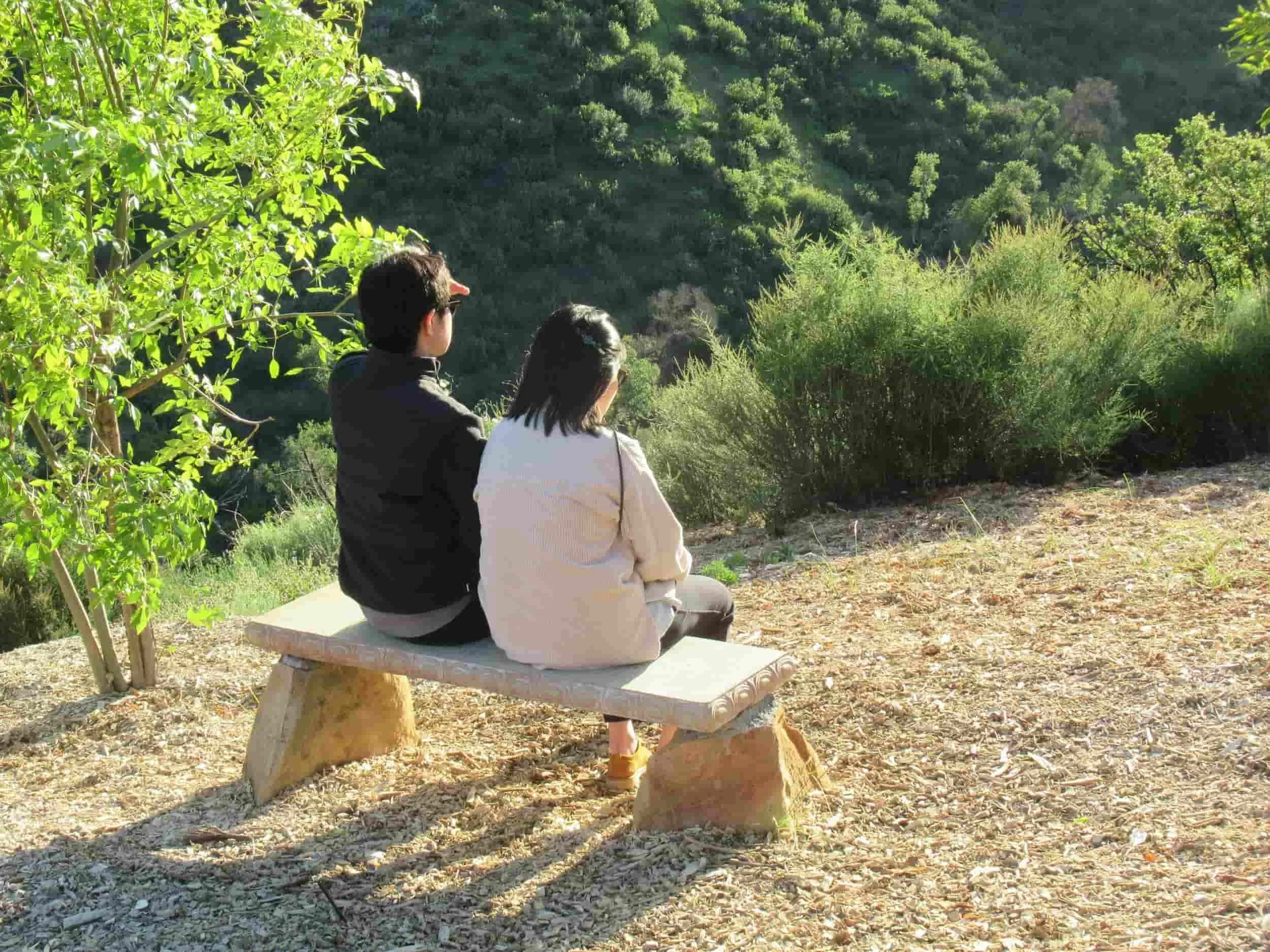Unlock Healthy Conflict Resolution with Mindfulness
Have you ever wondered how mindfulness can transform how you handle conflicts in your relationships?
Conflict is inevitable in any relationship. When two people connect, differences in opinions, needs, and perspectives will surface, sometimes causing tension. Navigating these differences constructively isn’t innate for most of us—it’s a skill learned through experience and guidance. In this blog, we’ll explore how discovering mindfulness can serve as a hidden conflict resolution tool and how integrating practices from a complex PTSD therapist in Phoenix or trauma therapy in Phoenix can enhance your approach to conflict. If you’re seeking therapy for childhood trauma in Phoenix or guidance from a childhood trauma therapist near Central Phoenix, understanding mindfulness in conflict resolution could be your key to healthier relationships.
How Unhealthy Conflict Strategies Emerge
Unhealthy conflict patterns often stem from not having witnessed constructive conflict resolution growing up. Without these models, many resort to avoidance, indirect, or aggressive strategies when conflicts arise—approaches that only exacerbate issues. Clients struggling with conflict might feel overwhelmed, resort to passive-aggressive behaviors, or attempt to dominate discussions. These patterns are common challenges among those looking for relationship therapy in Phoenix or couples counseling for one in Phoenix, as unresolved trauma can influence how conflicts are handled.
When conflict feels unmanageable, it’s often because underlying issues go unaddressed. Individuals seeking trauma therapy in Arizona frequently learn that their defensive strategies during arguments are linked to past wounds. Recognizing these patterns is the first step in transforming conflict outcomes, making it safe to discuss issues rather than escalate them.
A Therapist’s Perspective on Mindfulness and Conflict
A professional experienced with EMDR therapy in Phoenix and other trauma-informed modalities understands how mindfulness can recalibrate our responses. By cultivating mindful self-awareness, individuals learn to pause and recognize when a seemingly small disagreement masks deeper fears or needs. This awareness is crucial, especially for those who have sought grief counseling in Phoenix or therapy for childhood trauma.
From a therapist’s viewpoint, mindfulness in conflict involves tuning into your body’s signals—whether fight, flight, freeze, or fawn—and your thought patterns. These responses often originate from early trauma or learned behaviors. Techniques such as grounding exercises, deep breathing, and recognizing cognitive distortions (like catastrophizing or personalization) provide practical tools to manage emotional reactions. These approaches complement traditional therapeutic techniques offered by a complex PTSD therapist in Phoenix and can be integrated into sessions focused on relationship therapy in Phoenix.
Engaging with mindfulness alongside professional guidance creates a safe space to explore conflicts, learn new responses, and grow closer to your partner. For additional insights, explore related articles on our site discussing couples counseling for one in Phoenix and methods of regulating the nervous system during disputes.
Practical Strategies for Mindful Conflict Resolution
Mindfulness offers actionable steps to transform conflict into constructive dialogue:
Listen to Your Body: Notice physical cues of stress or threat. Recognize when you're in fight, flight, freeze, or fawn mode. This self-awareness, often cultivated in trauma therapy Phoenix, helps prevent reactive behaviors.
Monitor Your Thoughts: When a minor issue triggers a strong reaction, pause to identify cognitive distortions like overgeneralizing or mind reading. Recognizing these patterns helps reframe the conflict with clarity.
Practice Mindful Breathing: During heated moments, slow deep breaths can calm your nervous system. This technique, supported by trauma-informed principles, allows you to respond rather than react.
Reflect on Underlying Needs: Understand what the surface conflict represents. For example, a disagreement about chores might mask feelings of being undervalued. Mindfulness aids in uncovering these layers.
A client engaged in therapy for childhood trauma in Phoenix once learned to pause, breathe, and reflect during a dispute about household responsibilities, discovering deeper needs for respect and acknowledgment. This approach transformed their recurring arguments into opportunities for connection and understanding.
For further reading on cognitive distortions and mindfulness techniques, check out this resource on mindfulness in conflict resolution.
Conclusion
Mindfulness is a powerful tool in transforming how we approach conflict. By observing your body’s signals and mind’s thoughts, you gain insights into the root of disagreements. Coupled with professional guidance from a trauma therapist in Phoenix, these skills foster constructive dialogues and healthier relationships.
If you’re ready to transform your approach to conflict and enhance your connection with loved ones, consider reaching out for trauma therapy in Phoenix. Whether you need relationship therapy in Phoenix, EMDR therapy in Phoenix, or insights from a grief counselor in Central Phoenix, professional support can guide you toward lasting change. Embrace mindfulness and begin your journey with trauma therapy Phoenix to navigate conflicts safely and effectively.

